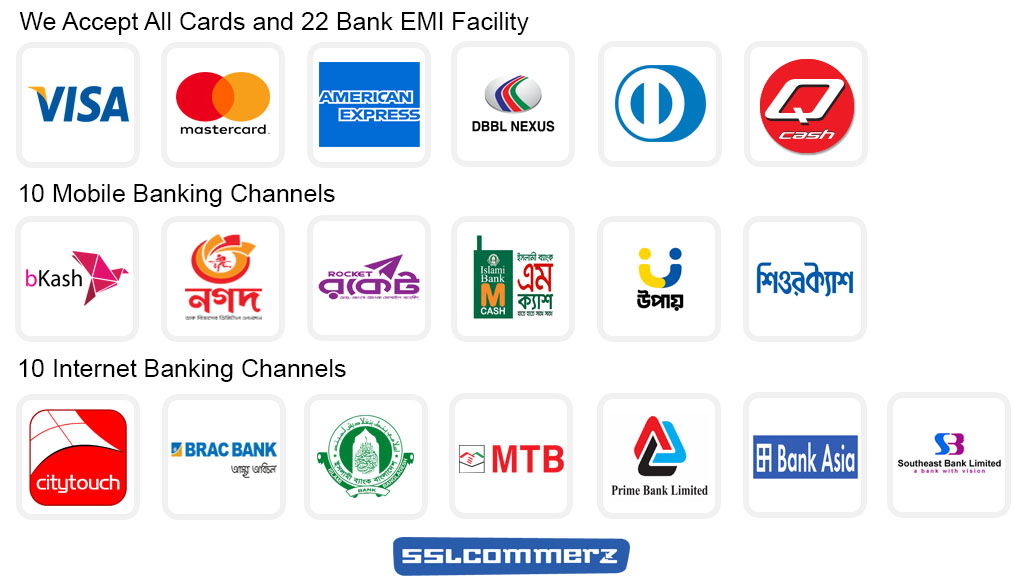MySQL
MySQL Server continues to be one of the world’s most popular, FREE and top databases. Database is a heart of IT which is needed to stored all critical data and information.
MySQL is a DBMS, or database management system. It is developed, supported and distributed by Oracle, but since it is open-source it is freely available to anyone. MySQL databases are relational, meaning that the data is split up between tables. MySQL is very fast and lightweight so you can run it alongside your other applications on a desktop or laptop. It can also be scaled up to take advantage of all the CPU power and memory available on a dedicated machine.
MySQL is a DBMS, or database management system. It is developed, supported and distributed by Oracle, but since it is open-source it is freely available to anyone. MySQL databases are relational, meaning that the data is split up between tables. MySQL is very fast and lightweight so you can run it alongside your other applications on a desktop or laptop. It can also be scaled up to take advantage of all the CPU power and memory available on a dedicated machine.
Course Objectives
At the end of this MYSQL DBA Training module, you will be able to:- Understand MySQL products, professional services and support for your operating system.
- Define a relational database management system (RDBMS)
- Explain the use of SQL and MySQL with relational databases
- Define data definition language (DDL) and data manipulation language (DML)
- Understand MySQL client/server model and work with MySQL connectors.
- Install the MySQL server on Linux, start and stop MySQL server
- Interact with the server using the MySQL command-line client.
- Log your MySQL command-line client session to a text file.
- Use MySQL Workbench to interact with the server.
- Mysql Backup and replication
- Mysql restore etc
Target Audience
- Database Administrators
- Software Developers
- Web Developers
- Data Analysts and Data Scientists
- IT Professionals
Course Pre-Requisites
- Programming Fundamentals
- Basic Understanding of Databases
- Command Line Basics
- Operating System Knowledge
Course Summary
Course Fee
৳ 12,000
Training Method
Online
Total Modules
12
Course Duration
24 Hours
Total Session
12
Class Duration
2 Hours

Details Course Outlines
Module-01
Introduction to Databases and MySQL
- Overview of databases and their importance
- Introduction to MySQL and its features
- Understanding the relational database model
- Real life example
Module-02
MySQL Installation and Configuration
- Installation of MySQL Server on various platforms (Windows, Linux, macOS)
- Configuration of MySQL Server settings
- Manage user, group, files etc
- Remote access
- Setting up user accounts and privileges
Module-03
MySQL Database Design
- Fundamentals of database design
- How data stores, different types of keys etc
- Creating and managing databases
- Creating and manages tables
- Understanding data types and constraints
Module-04
SQL Fundamentals
- Introduction to SQL (Structured Query Language)
- Describe basic SQL queries
- Writing basic SQL queries (SELECT, INSERT, UPDATE, DELETE)
- Advanced SQL querying (JOINS, subqueries, aggregate functions)
Module-05
Data Manipulation and Transactions
- Inserting, updating data
- Deleting data
- Managing transactions and ensuring data integrity
- Handling errors and exceptions
Module-06
Database Backup and Recovery
- Importance of backups and recovery strategies
- Types of mysql backups and there uses
- Performing backups using mysqldump and other tools
- Schedule Backups and restore
- Strategies for database recovery in case of failures
Module-07
Performance Tuning and Optimization
- Identifying and resolving performance bottlenecks
- Optimizing database schema and queries
- Slow query log, error log etc
- InnoDB Engine Status
- Monitoring and analyzing database performance
Module-08
High Availability and Replication
- Understanding high availability concepts
- MySql Replication and it’s advantages
- Replication Method, Synchronization, format
- Configuring and managing replication for MySQL
- Implementing failover and load balancing
Module-09
Security and Access Control
- Securing the MySQL server and databases
- Different types of security and access policy
- Implementing access controls and permissions
- Best practices for securing sensitive data
- Real life example
Module-10
MySQL Utilities and Tools
- Overview of MySQL utilities and command-line tools
- Using graphical administration tools such as MySQL Workbench
- Install and uses of different tools
- Automation and scripting for database administration tasks
Module-11
Case Studies and Real-world Scenarios
- Practical examples and case studies from industry
- Hands-on exercises and projects to reinforce learning
- Different error handling
- Troubleshooting common database problems
Module-12
Best Practices and Advanced Topics
- Advanced optimization techniques
- Scalability and sharding strategies
- Cloud-based Mysql Service
- Advantages and disadvantages of different cloud-based service
- Deployments and managed services
